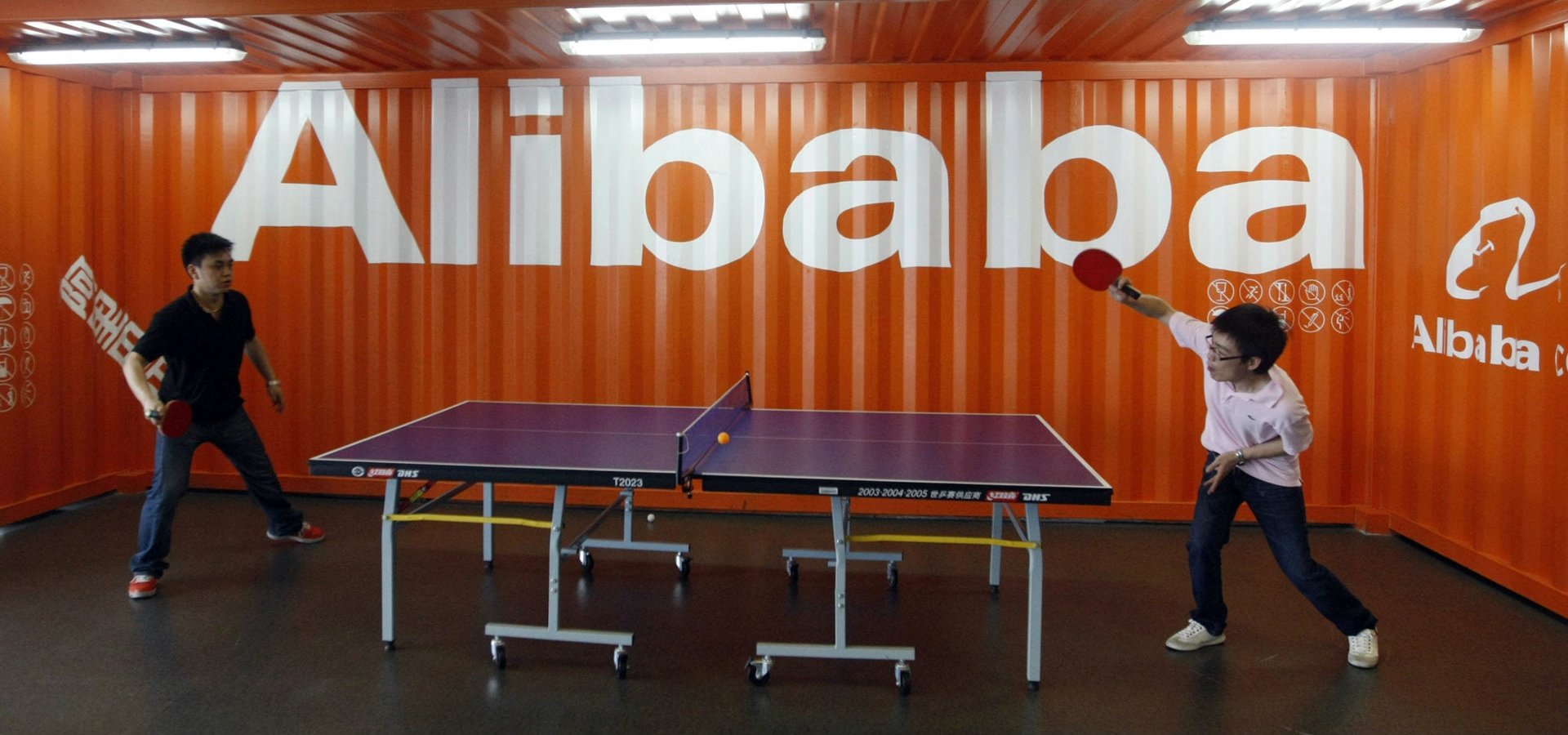Alibaba may detest China’s princelings, but they could earn huge profits from the company’s IPO
Alibaba founder Jack Ma swears that he doesn’t hire princelings, as the offspring of China’s leaders are known. But his company is about to make some of them a whole lot richer.


Alibaba founder Jack Ma swears that he doesn’t hire princelings, as the offspring of China’s leaders are known. But his company is about to make some of them a whole lot richer.
“Any company that relies on princelings is doomed,” the Alibaba chairman and co-founder said in a social media post earlier this year. “Such connections are like time bombs. When they will explode is just a matter of time.”
Yet Alibaba went to a handful of politically-connected private equity firms in 2012, when it needed to raise $5.9 billion to buy out part of Yahoo’s minority ownership stake. And now with Alibaba on the verge of a massive IPO that could value the firm at up to $200 billion, or five times its value in 2012, those firms are poised to make some very hearty returns.
In China, private equity firms are usually laden with princelings, and the firms that have invested in Alibaba are no exception, as the New York Times reported today, and other news outlets have explained in the past. Many of the princelings have been distancing themselves from the funds, perhaps to deflect any political pressure or personal risk as Beijing continues a widespread investigation into corruption in the party. “Once these funds are raised, the princeling retreats from the limelight,” industry trade publication Asian Venture Capital Journal explained.
Here are four princelings who could be well positioned to make huge sums when Alibaba IPO happens this September.
Winston Wen
The son of former premier Wen Jiabao is the co-founder of New Horizon Capital, a firm backed by Japan’s Softbank and Singapore’s Temasek that focuses on “advanced manufacturing, alternative energy, consumer products and service and healthcare.” The size of the fund’s stake in Alibaba is unknown, but it’s worth 3.73 times the cost of its original investment, the Times reported, citing financial statements of a New Horizon investor. The Times also reported that New Horizon was not part of the 2012 Alibaba investment round, “and most likely acquired its holding from existing shareholders.”
Wen left day-to-day operations of the fund in 2009 and is now chairman of state-run China Satellite Communications, but he still has money invested and plays a behind-the-scenes role, sources told Reuters and the Financial Times.
Alvin Jiang
The grandson of former president Jiang Zemin is a c0-founder of Boyu Capital, which he helped to start when he was just 25, after a stint as an analyst at Goldman Sachs. His Chinese given name, Zhicheng, means “with ambition, you can achieve,” Reuters noted in a robust profile published earlier this year. Boyu was one of the 2012 Alibaba investors; the size of its stake is unknown. Boyu recently raised $1.5 billion for a second fund.
He Jinlei
The son of He Guoqiang, a former Politburo member, was vice president at CDB Capital, the investment arm of China Development Bank, until at least last May, when he spoke at a state-backed conference. He no longer holds that position, according to the fund’s website, though he may still have funds invested with CDB.
CDB was one of the 2012 investors in Alibaba. He’s older brother, who formed a private equity fund called Nepoch Capital last year, is under house arrest because of a Chinese government corruption probe, the SCMP reported in May, but He has not been implicated.
Jeffrey Zeng
The son of former vice premier Zeng Peiyan is the senior managing director at Citic Capital. He helped Citic, the state sovereign wealth fund, raise its first venture capital fund in 2012, the same year it invested in Alibaba.